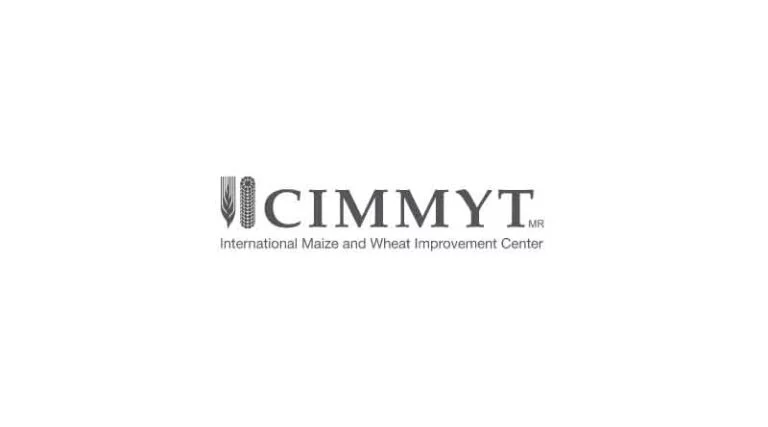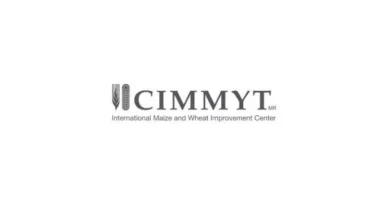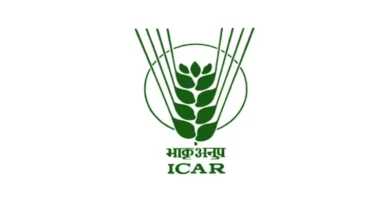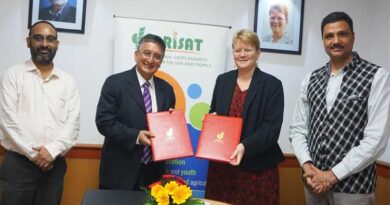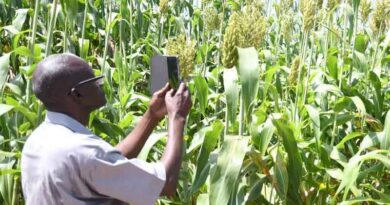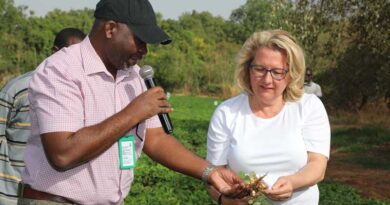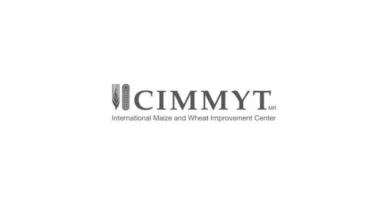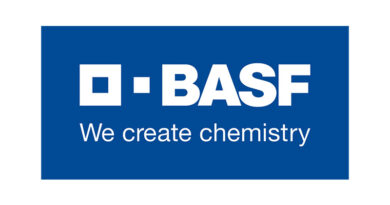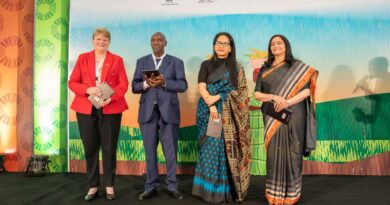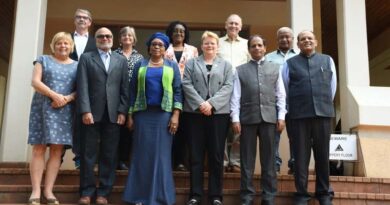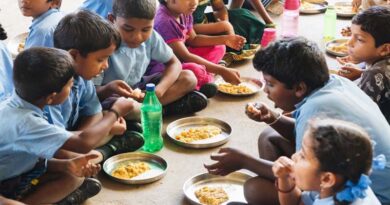Millets: Climate-resilient crops for food and nutrition security, experts reveal
As the world faces food insecurity and malnutrition fueled by a changing climate, experts reveal that millets, a valuable nutritious and climate-resilient food source, offer an opportunity to enhance sustainable food production and transform food systems.
06 October 2023, Africa: A recent webinar organized by CIMMYT brought together three experts to discuss the importance of millets as key contributors to improving food and nutrition security and resilience to climate change. Offering a wealth of knowledge and insights, the panel discussion was moderated by Kevin Pixley, director of the Dryland Crops Program (DCP), who led a dynamic and engaging discussion highlighting CIMMYT’s work on dryland crops, the climate resiliency and versatility of millets, and biofortification initiatives.
“Millet improvement programs are central to regional dryland crop improvement networks”, stated Harish Gandhi, breeding lead for DCP. Providing a comprehensive overview of the program, Gandhi emphasized its significance in addressing food and nutrition security as well as climate resilience. “With partners, we are co-designing and co-implementing crop improvement strategies, catalyzing the development of effective and sustainable crop improvement networks”, he said. The dryland crop improvement networks bring together 17 National Agricultural Research and Extension Systems (NARES) in Western, Central, Eastern and Southern Africa working jointly to cultivate the potential and impacts of sorghum, pearl millet, groundnut, cowpea, bean, pigeon pea and chickpea. The program is aligned with CGIAR and the CIMMYT 2030 Strategy to transform agrifood systems through a dense network of impactful partnerships for enhanced sustainability, productivity and profitability.
The climate resiliency and adaptability of millets to arid and semi-arid regions make them a staple for smallholder farmers in Africa. “Millet is a drought-tolerant, climate-resilient crop with profound nutritional benefits. It’s rich in iron, zinc and other essential nutrients, making it a promising food against malnutrition and diet-related diseases”, emphasized Maryam Dawud, project lead at the Lake Chad Research Institute in Nigeria. Highlighting the significance of millets in building resilient agricultural systems, Dawud also explored innovations in millet consumption in diverse food products, including gluten-free options.
Mahalingam Govindaraj, senior scientist at HarvestPlus-Alliance Bioversity and CIAT, gave insights into crop biofortification, underlining the pressing need for crop nutritional enhancement due to widespread deficiencies, especially in the Global South. He introduced the HarvestPlus developed Biofortification Priority Index (BPI) which enables decision makers to make informed decisions about crop selection, target nutrients and countries. Additionally, Govindaraj highlighted the success of biofortification in enhancing essential micronutrients, especially in pearl millet, and discussed the science, technology and innovations that help to drive the mainstreaming of biofortification within CGIAR and NARES breeding and testing programs.
During the Q&A session, the speakers addressed questions from the audience of more than 150 participants, clarifying misconceptions and expanding on their subjects. Questions from the engaging audience span a wide range of themes and included the significance of different millet types and why they are frequently grouped together; the correlation between zinc and iron content in pearl millets, particularly in relation to their high fiber content; and the strategic approach of dryland crops in supporting capacity building for the NARES, among many other topics.
As the webinar came to a close, it was evident that millets are more than just cereals; they offer a promising solution to a variety of global food system challenges. From their resilience in harsh climates to their rich nutritional value and potential for innovation in various food products, millets stand as a beacon of hope in developing climate-resilient agriculture for a sustainable future.
Also Read: Indian Government released 31 new varieties of 14 crops for Uttar Pradesh Farmers
(For Latest Agriculture News & Updates, follow Krishak Jagat on Google News)

